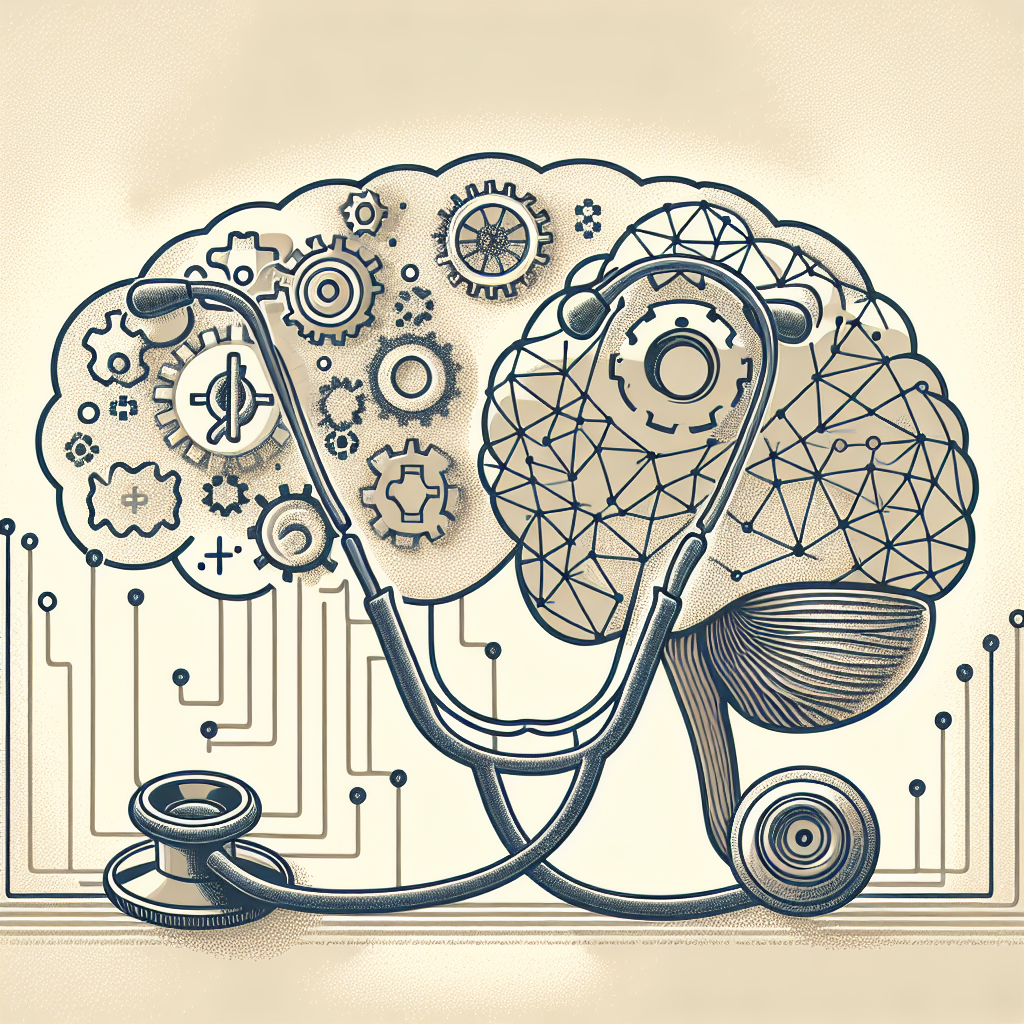Natural Language Processing (NLP) is a field of artificial intelligence that focuses on the interaction between computers and humans using natural language. In recent years, NLP has gained significant attention in the healthcare industry due to its ability to analyze, interpret, and generate human language data. This technology has the potential to revolutionize healthcare analytics by extracting valuable insights from unstructured data such as medical records, clinical notes, and patient feedback.
There are several benefits of using NLP for healthcare analytics, including improving patient outcomes, enhancing clinical decision-making, and reducing administrative burden. In this article, we will explore the various ways in which NLP can be leveraged to transform the healthcare industry.
1. Improved Patient Outcomes
One of the primary benefits of using NLP for healthcare analytics is the ability to extract valuable insights from patient data. By analyzing unstructured data such as medical records, physicians can gain a deeper understanding of a patient’s condition, treatment history, and outcomes. This information can help healthcare providers make more informed decisions about patient care, leading to improved outcomes and better quality of care.
For example, NLP can be used to analyze clinical notes and identify patterns in patient symptoms, diagnoses, and treatments. This information can help physicians identify high-risk patients, predict disease progression, and recommend personalized treatment plans. By leveraging NLP technology, healthcare providers can deliver more effective and efficient care, ultimately improving patient outcomes.
2. Enhanced Clinical Decision-Making
Another key benefit of NLP for healthcare analytics is its ability to assist healthcare providers in making more accurate and timely clinical decisions. By analyzing large volumes of unstructured data, NLP can help physicians identify trends, patterns, and anomalies in patient data that may not be readily apparent through traditional methods.
For example, NLP can be used to analyze radiology reports and identify abnormalities in imaging studies. By automatically flagging suspicious findings, NLP can help radiologists prioritize cases, reduce turnaround times, and improve diagnostic accuracy. This can lead to earlier detection of diseases, more timely interventions, and better patient outcomes.
3. Reduced Administrative Burden
In addition to improving patient outcomes and clinical decision-making, NLP can also help healthcare organizations reduce administrative burden and increase operational efficiency. By automating the analysis of unstructured data, NLP can streamline processes such as coding, billing, and documentation, freeing up time for healthcare providers to focus on patient care.
For example, NLP can be used to automatically extract key information from clinical notes and populate electronic health records (EHRs) with accurate and up-to-date data. This can help reduce errors, improve data quality, and streamline administrative tasks such as coding and billing. By leveraging NLP technology, healthcare organizations can improve productivity, reduce costs, and enhance overall operational efficiency.
FAQs
Q: How does NLP work in healthcare analytics?
A: NLP works by analyzing unstructured data such as medical records, clinical notes, and patient feedback to extract valuable insights and generate actionable information. By leveraging advanced algorithms and linguistic models, NLP technology can process, interpret, and generate human language data, enabling healthcare providers to make more informed decisions and deliver better patient care.
Q: What are some common applications of NLP in healthcare analytics?
A: Some common applications of NLP in healthcare analytics include clinical documentation improvement, disease surveillance, predictive modeling, and sentiment analysis. NLP can also be used to automate tasks such as coding, billing, and documentation, helping healthcare organizations reduce administrative burden and increase operational efficiency.
Q: What are the challenges of implementing NLP in healthcare analytics?
A: Some of the challenges of implementing NLP in healthcare analytics include data privacy and security concerns, data interoperability issues, and the need for specialized expertise and resources. Additionally, the complexity of healthcare data and the variability of human language can make it challenging to develop accurate and reliable NLP models. However, with proper planning, collaboration, and investment, these challenges can be overcome, and the benefits of NLP in healthcare analytics can be realized.
In conclusion, Natural Language Processing (NLP) has the potential to transform healthcare analytics by extracting valuable insights from unstructured data and enabling healthcare providers to make more informed decisions and deliver better patient care. By leveraging NLP technology, healthcare organizations can improve patient outcomes, enhance clinical decision-making, and reduce administrative burden. While there are challenges to implementing NLP in healthcare analytics, the benefits far outweigh the costs, and the potential for innovation and advancement in the healthcare industry is vast.

